How Much is Fuel in Nigeria: July 2024 Update
How Much is Fuel in Nigeria: July 2024 Update
Fuel prices in Nigeria are a critical concern for both consumers and businesses, given the country’s reliance on petrol for transportation and power generation. As of July 2024, the cost of fuel has been influenced by various factors, leading to significant variations across different regions. Here’s a comprehensive look at the current fuel prices and the factors driving these changes.
Current Fuel Prices
Official Pump Prices
The official pump price for petrol, also known as Premium Motor Spirit (PMS), is approximately ₦617 per liter. This price reflects a market-based pricing system introduced after the removal of government subsidies (Okay.ng). However, actual prices can differ significantly depending on the location and specific conditions.
Regional Variations
Fuel prices vary across Nigeria, influenced by logistics, supply chain dynamics, and regional demand. Here are some examples of current prices in different states:
- Lagos: ₦750 per liter
- Abuja: ₦750 per liter
- Bauchi: ₦850 per liter
- Kano: ₦850 per liter
- Bayelsa: ₦780 per liter
- Rivers: ₦780 per liter (Carmart) (Okay.ng).
Black Market Prices
Due to frequent fuel shortages and logistical challenges, black market prices are often higher. The cost of petrol on the black market ranges between ₦720 and ₦1,000 per liter. This discrepancy is due to the unregulated nature of the black market and the higher risks associated with illegal trading (Carmart).
Factors Influencing Fuel Prices
1. Global Oil Prices
Nigeria imports a significant portion of its refined petroleum products. As a result, global oil prices directly impact local fuel costs. Fluctuations in the international market can lead to changes in the cost of fuel imports, affecting retail prices.
2. Exchange Rates
The value of the Nigerian Naira against the US Dollar plays a crucial role in determining fuel prices. A weaker Naira increases the cost of importing fuel, leading to higher prices at the pump.
3. Government Policies
The removal of fuel subsidies has significantly impacted fuel prices. While the move was intended to reduce government expenditure and redirect funds to other critical areas, it has resulted in higher prices for consumers (Okay.ng).
4. Supply and Demand
Domestic supply chain issues, such as pipeline vandalism and refinery inefficiencies, can cause fuel shortages. Increased demand, especially during peak travel seasons or economic activities, can further drive up prices.
Managing Fuel Costs
To cope with rising fuel prices, consider the following tips:
1. Fuel Efficiency
Adopting fuel-efficient driving habits can help reduce consumption. This includes maintaining a steady speed, avoiding sudden accelerations, and keeping your vehicle well-maintained.
2. Alternative Transport
Whenever possible, use public transportation, carpooling, or other alternative transport methods to reduce reliance on personal vehicles.
3. Bulk Purchasing
For businesses, purchasing fuel in bulk during periods of lower prices can help manage costs more effectively.
4. Regular Maintenance
Keeping your vehicle in good condition ensures optimal fuel efficiency. Regular servicing, checking tire pressure, and using the recommended oil can make a significant difference.
Conclusion
Understanding the factors influencing fuel prices in Nigeria is crucial for effective budgeting and financial planning. As of July 2024, the official pump price for petrol averages around ₦617 per liter, with significant regional variations. Staying informed about these prices and adopting cost-saving measures can help mitigate the impact of rising fuel costs.
For more detailed and up-to-date information, visit sources like Carmart Africa and Okay.ng.


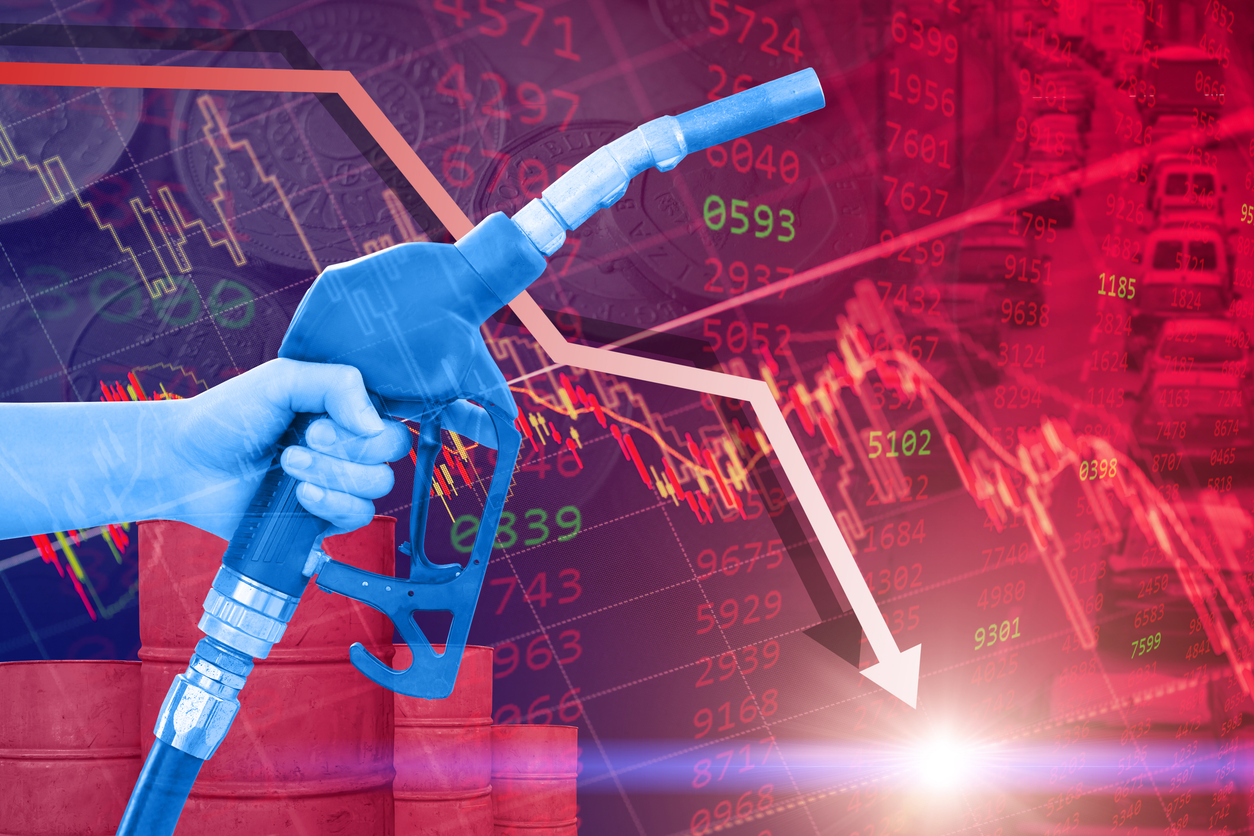
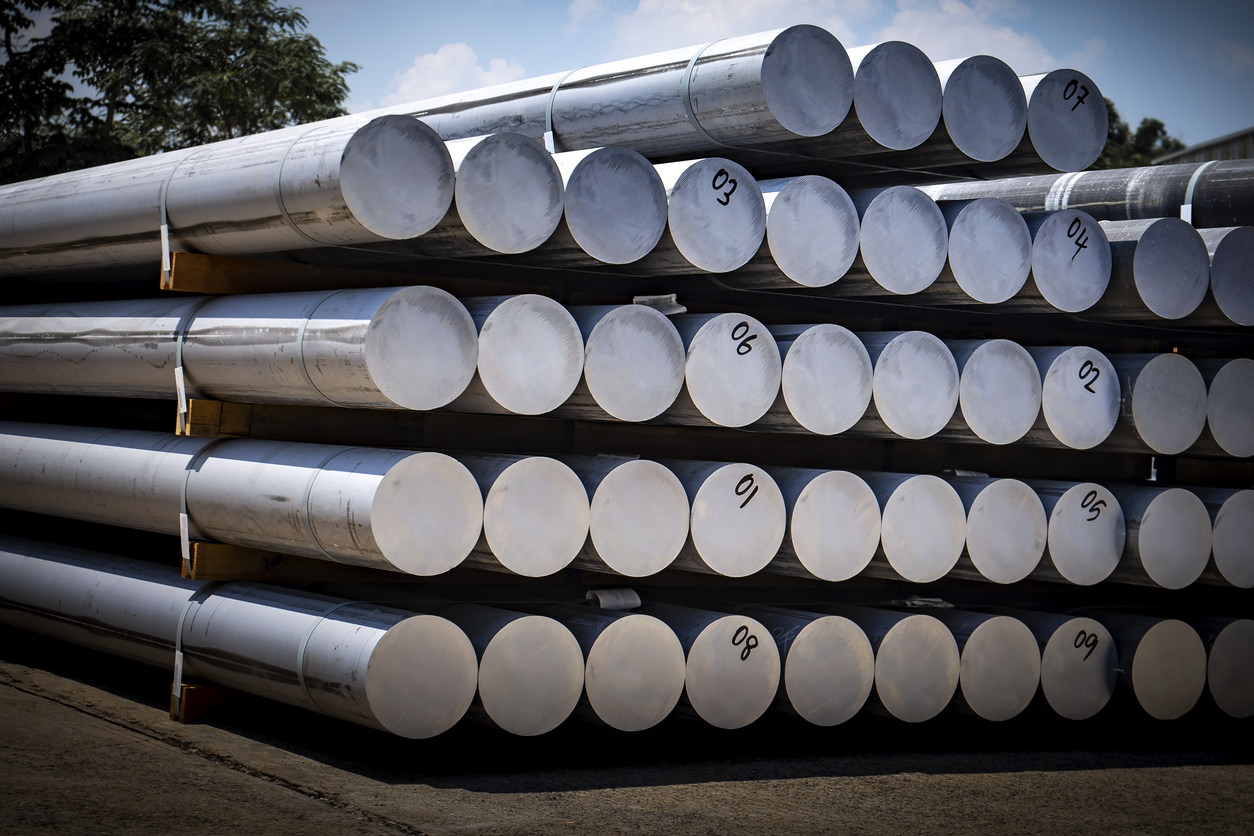

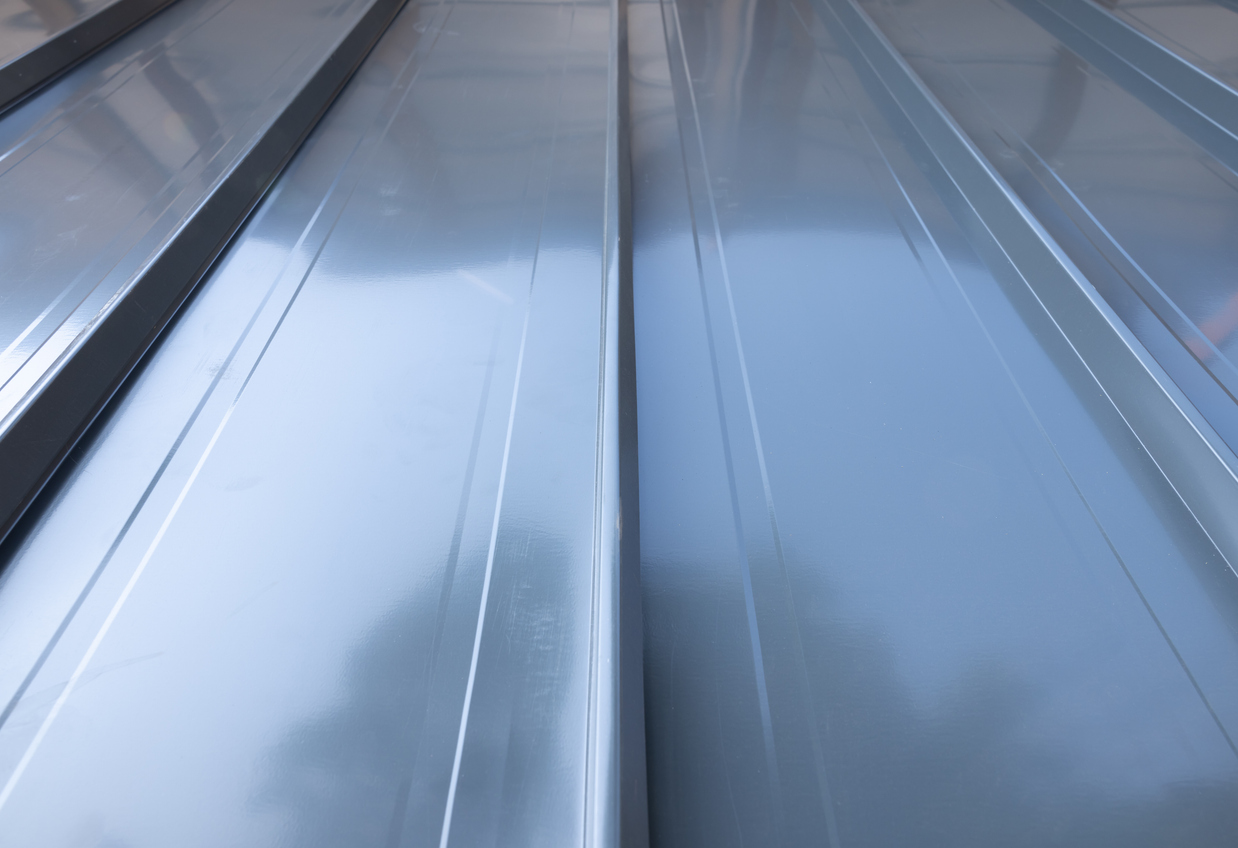
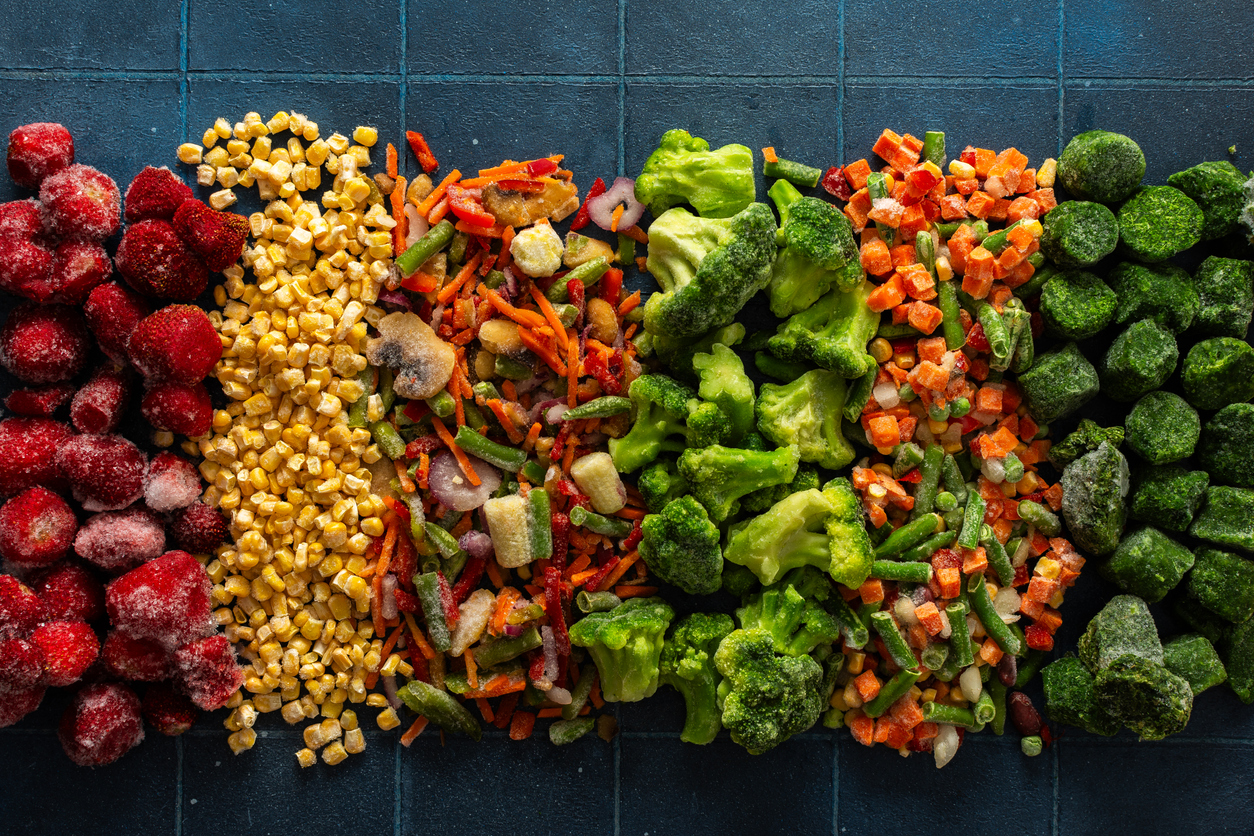
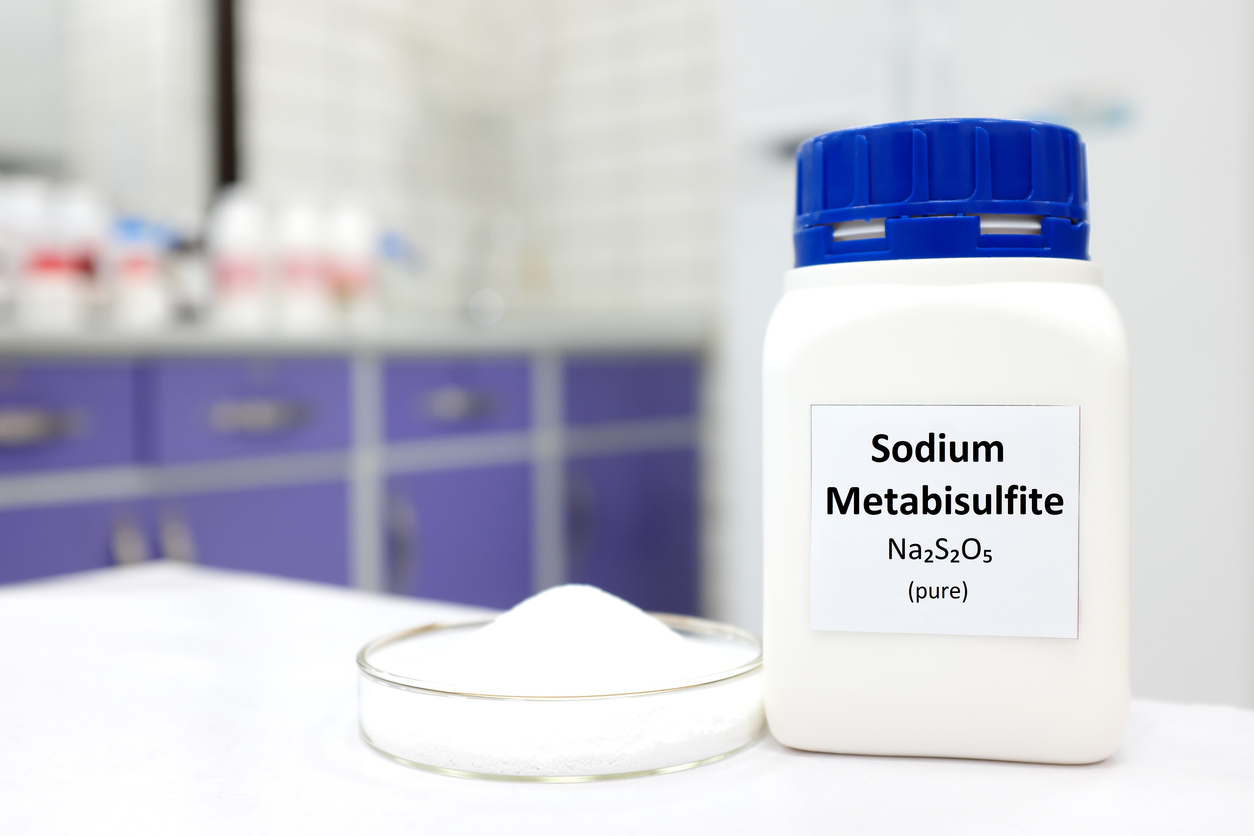
Comments are closed.